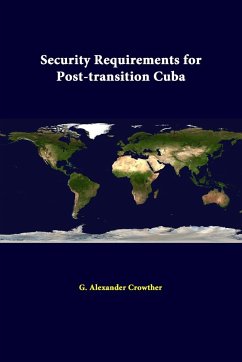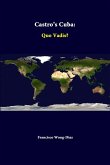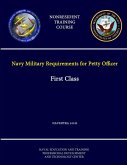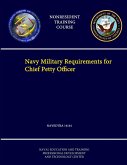The United States, particularly the Army, has a long history of involvement with Cuba. This history has included the Spanish-American War of 1898, military interventions in 1906 and 1912, the 1961 Bay of Pigs Invasion, the 1962 Missile Crisis, counterinsurgency, and low intensity warfare in Latin America and Africa against Cuban supported guerrilla movements. During the Cold War, Fidel Castro's communist takeover on January 1, 1959, heightened U.S. concerns and highlighted the threat Cuba posed as a strategic ally of the Soviet Union. The collapse of the Soviet bloc in the 1990s raised hopes for an end to the communist regime in Cuba. However, after almost 5 decades of authoritarian rule, the Cuban dictator remains firmly in power. On July 31, 2006, his brother, Raul Castro, assumed provisional presidential power after an official announcement that Fidel was ill and would undergo surgery.
Hinweis: Dieser Artikel kann nur an eine deutsche Lieferadresse ausgeliefert werden.
Hinweis: Dieser Artikel kann nur an eine deutsche Lieferadresse ausgeliefert werden.








